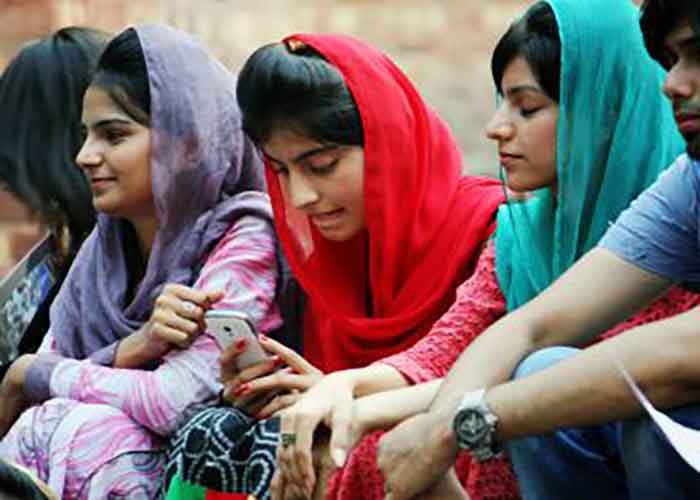Pakistan’s top Islamic advisory body ruled Friday that using virtual private networks (VPNs) to access blocked internet content violates Shariah law, supporting government efforts to restrict the technology amid growing concerns about digital rights.

The Council of Islamic Ideology’s declaration coincides with authorities implementing a nationwide firewall and requiring VPN users to register with state regulators, measures officials claim will enhance cybersecurity and counter terrorism.
“Using VPNs to access blocked or illegal content is against Islamic and social norms, therefore, their use is not acceptable under Islamic law. It falls under ‘abetting in sin,'” said council chairman Raghib Naeemi, specifically citing concerns about access to “immoral and porn websites or websites that spread anarchy through disinformation.”
The ruling gained immediate government support, with the Interior Ministry directing the Pakistan Telecommunication Authority (PTA) to block “illegal” VPNs, claiming terrorists exploit the technology for violent activities and financial transactions. The ministry also cited Pakistan’s high rates of VPN use for accessing pornography as justification for the crackdown.
Digital rights advocates argue the restrictions primarily target political dissent and free expression. Many Pakistanis currently rely on VPNs to access X (formerly Twitter), which has remained largely blocked since February’s contested elections.

“These measures increase online surveillance, curb freedom of expression and hurt e-commerce,” said one critic, speaking on condition of anonymity due to security concerns.
VPNs, which allow users to mask their location and identity while browsing the internet, have become essential tools for Pakistani businesses and individuals seeking to conduct secure online transactions, access international entertainment content, maintain privacy and security, and connect to social media platforms during government restrictions.
The religious ruling marks a significant escalation in Pakistan’s efforts to control online activity, combining technological restrictions with religious authority in a country where Islamic law carries substantial weight in public policy.
The move aligns with broader regional trends of governments using religious and security justifications to expand digital surveillance and restrict internet freedom, even as citizens increasingly rely on VPNs for basic online access and business operations.



